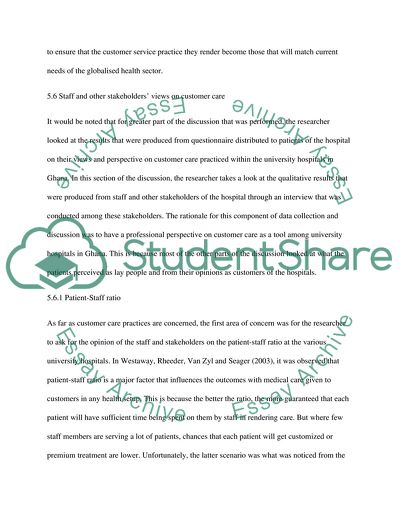Cite this document
(“Customer Care In Ghanaian Hospitals Dissertation - 2”, n.d.)
Retrieved de https://studentshare.org/health-sciences-medicine/1661319-customer-care-as-a-tool-for-public-health-care-delivery-among-university-hospitals-in-ghana
Retrieved de https://studentshare.org/health-sciences-medicine/1661319-customer-care-as-a-tool-for-public-health-care-delivery-among-university-hospitals-in-ghana
(Customer Care In Ghanaian Hospitals Dissertation - 2)
https://studentshare.org/health-sciences-medicine/1661319-customer-care-as-a-tool-for-public-health-care-delivery-among-university-hospitals-in-ghana.
https://studentshare.org/health-sciences-medicine/1661319-customer-care-as-a-tool-for-public-health-care-delivery-among-university-hospitals-in-ghana.
“Customer Care In Ghanaian Hospitals Dissertation - 2”, n.d. https://studentshare.org/health-sciences-medicine/1661319-customer-care-as-a-tool-for-public-health-care-delivery-among-university-hospitals-in-ghana.


